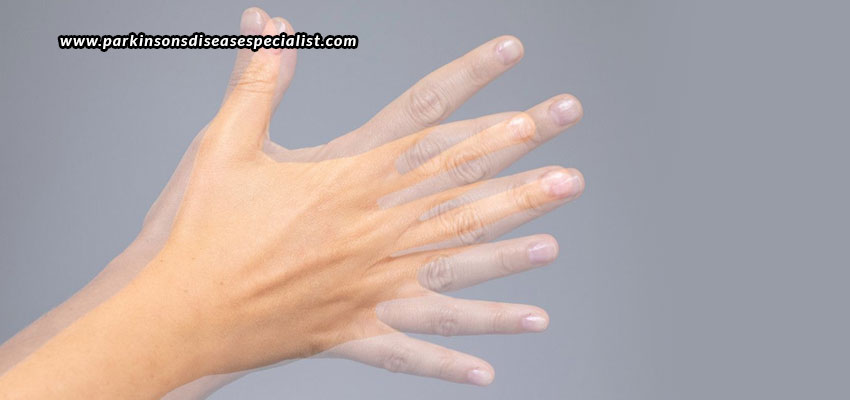
29 Sep Putting Up With Tremor: Controlling Shaky Hands
It’s only patients suffering from tremor who can understand the inconvenience and frustration associated with the tremor. Constant and involuntary shaking of the hands makes it difficult to carry out even the most basic everyday tasks like brushing one’s teeth, buttoning up a shirt, tying a shoelace, holding an object, and even eating. This makes it absolutely frustrating, making the patient feel helpless and inferior. But, if you are a patient, you mustn’t feel helpless. There is one thing that you can do if you are suffering from tremor – approaching a professional. Yes, if you approach a professional, the movement disorder neurologist who can help identify the kind of tremor you are suffering from, and the depth of the tremor you have, and will then prescribe you certain medications or therapies that you can undergo to treat, or at least manage your condition better.
Types of tremors
Physiologic tremor – This kind of tremor comes as a result of the side-effect of a certain medication, such as amphetamine, corticosteroid, or asthma medication. Medicines used to treat psychiatric or neurological conditions may also cause physiologic tremor.
Functional or Psychogenic tremor – These tremors are caused as a result of psychological conditions like stress, anxiety, and trauma, resulting in spasms and involuntary body movements.
Parkinson’s disease tremor – Most tremors are associated with Parkinson’s disease, which may first cause tremors in the resting state, but if further developed, it may start seriously interfering with everyday tasks.
Essential tremor – These tremors are rhythmic and involuntary, usually seen in both hands and there are several treatment options.
Cerebellar tremor – These tremors occur when a pathway in the brain, particularly the cerebellum, has been injured or damaged.
Possible treatments
Let us remind you that tremors cannot be completely cured, but can certainly be controlled and managed. For this, the doctor may prescribe you certain medications like primidone, levodopa, beta blockers, anti-seizure medications, and anticonvulsants etc. Botulinum toxin (BOTOX) injections in hand muscles has proven to reduce tremor in patients who do not respond well to the medications. The last retort is surgery, when the condition and symptoms are worse, and not under control. Deep Brain Stimulation is the last retort to control tremors. While the results are awesome, there could also be certain side-effects seen, depending upon your mental and physical health. This is why it is always important to consult a specialist who can advice you what to do and what not to do. Dr. Shivam Mittal is one such specialist who has been providing successful tremor treatment in UAE to tremor patients .
Controlling shaky hands
Hand tremors can certainly be annoying and life-impacting too. If you wish to control and treat them at home, it could be difficult, but there are certain measures that may help. For instance, certain lifestyle changes and natural remedies like exercise and diet changes can help to a certain extent.
Exercises – Certain hand and wrist exercises can help control the involuntary shaking of your hands. An occupational therapist can recommend the right kind of exercises for you. Some exercises may include squeezing a stress ball, circular rotations of your wrists, or wearing a light hand weight or weighted hand gloves. You may also practice relaxation techniques to reduce any stress or anxiety that may trigger tremors. Good sleep and massage therapy are also important to reduce stress.
Diet changes – Increasing the intake of fruits and vegetables can improve tremors. You must also include legumes, whole grains, cereals, and unsaturated fatty acids into your diet. Also, reduce the intake of caffeine, dairy products, meat, poultry, and alcohol, as these may trigger tremors.
Vitamins – Vitamin B12, Vitamin B6, and Vitamin B1 can highly help to maintain a healthy nervous system, thus reducing involuntary movements. Everyday foods like milk, meat, eggs, and cereals can provide you these vitamins, but you could also take up certain vitamin tablets or capsules as a supplement.








